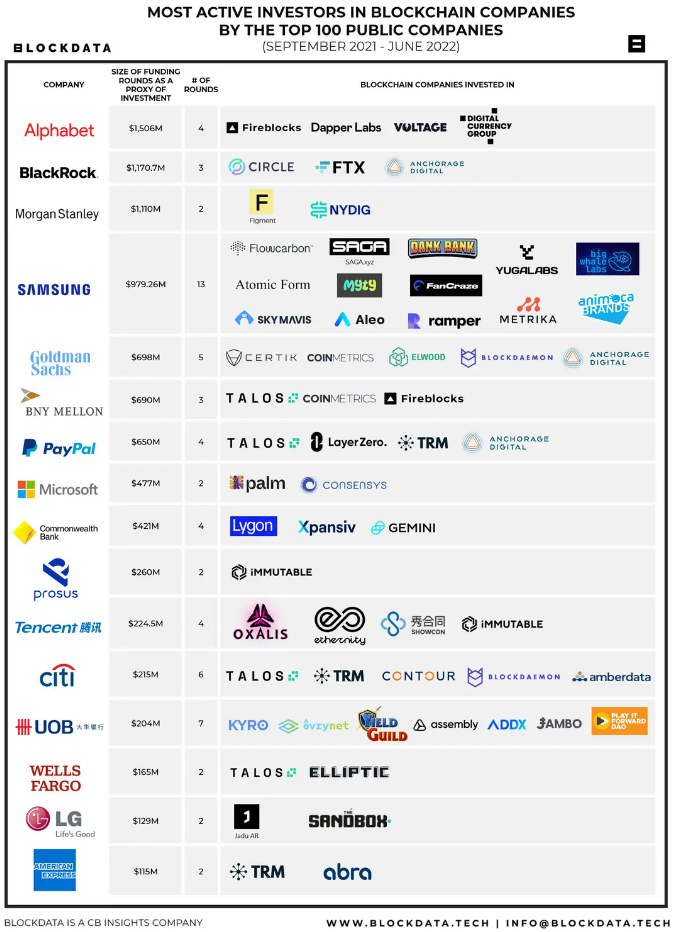By combining automation and personalization, banks can increase customer satisfaction – and wealth.
Ally Financial knew many of its customers struggled to save money, so it became laser-focused on creating ways to make it easier: Its Smart Savings tools provide customized prompts and automated transfers to help users grow their account balances. The tools are working: Customers who have used them have saved twice as much as those who haven’t, Ally’s data shows.
While fintech upstarts previously dominated this arena, simple, set-it-and-forget-it tools for building wealth are becoming non-negotiable for traditional banks: Roughly a third of top banks offer some kind of automated savings feature, according to a Javelin Research survey from 2021.
Ally and its Smart Savings tools were recently recognized in the CIO 100 awards alongside six other financial services firms – you can read about all their projects here.

